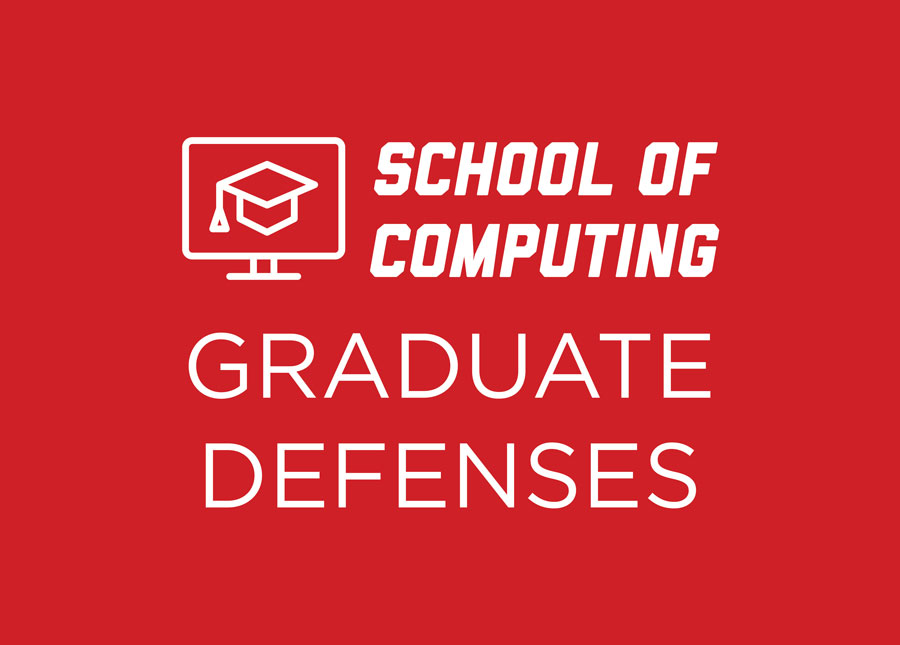
Ph.D. Dissertation Defense: Bhuvana Gopal
Tuesday, September 20, 2022
3:30 PM
Location: Avery Hall 19 and Zoom
Join Zoom Meeting: https://unl.zoom.us/j/98042855819
"Teaching software testing and DevOps: A comparison of Peer Instruction and POGIL"
In this dissertation, we study the effect of using two active learning pedagogical approaches, Peer Instruction (PI) and Process Oriented Guided Inquiry-based Learning (POGIL) in software engineering education. We have applied these pedagogies in software engineering, specifically focused on the subtopics of software testing and DevOps. PI is an active learning pedagogy based on a flipped classroom approach with small in class groups that has been studied more widely in CS0 and CS1, than in software engineering courses. POGIL is centered around students co-constructing knowledge through “learning cycles” that contain activities and questions that are crafted based on an Explore-Invent-Apply cycle utilizing with Directed/Convergent/Divergent question types, all aimed at encouraging students to leverage the collective knowledge of the group. We implemented both PI and POGIL in multiple iterations over four years of the same course. Each time we implemented a pedagogy, we had one cohort of students taught purely by conventional lectures, and another cohort using the pedagogy of choice. We also collected data on how the chosen intervention might impact honors vs regular students, as well as in-person vs online learning. We discuss our results from multiple studies we conducted over a period of four years, both in-person and online, using both PI and POGIL in undergraduate software engineering classrooms, with a particular focus on the topics of unit testing, integration testing and continuous integration. We compare learning outcomes and shifts in student affect compared to pure lecture-based instruction. We have a unique advantage of being able to analyze the similarities and differences between both pedagogical approaches, and rate their suitability in teaching software testing and DevOps. We classify the relative strengths and weaknesses of each pedagogy within the context of teaching unit testing, integration testing and continuous integration. We discuss the similarities in these approaches as well as implementation differences along with the impediments we faced while implementing them. We offer ideas to encourage increase more widespread adoption of these evidence based pedagogies to help improve the teaching of software testing and DevOps.
Committee:
Dr. Stephen Cooper, Advisor
Dr. Ashok Samal
Dr. Witawas Srisa-An
Dr. Justin Olmanson